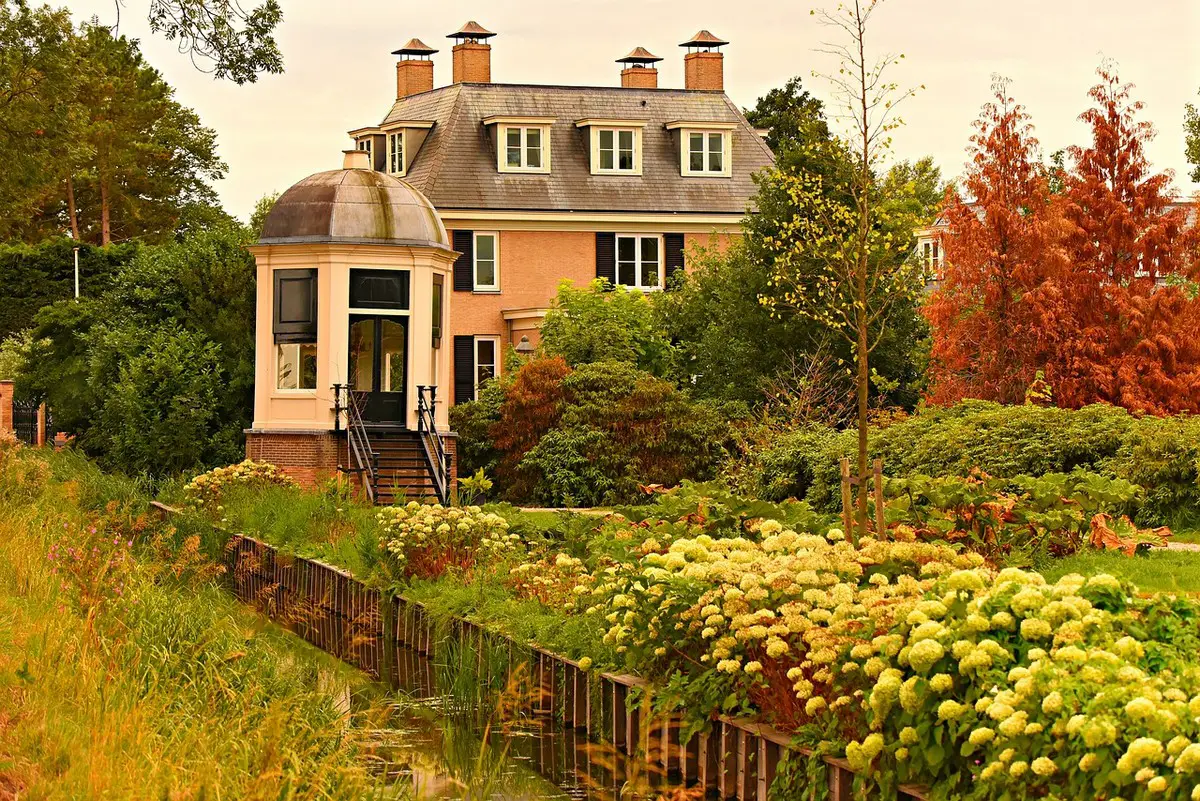How to handle property disputes in UK, British neighbour problems, Home boundary disagreement
How to Handle Property Disputes with Neighbours in the UK
22 August 2024
Property disputes with neighbours can be stressful and challenging to navigate. Whether it’s a boundary disagreement, noise complaints, or issues with shared amenities, addressing these conflicts promptly and effectively is crucial according to property experts like estate agents in Putney. Here’s a comprehensive guide on how to handle property disputes with neighbours in the UK.
1. Understand the Nature of the Dispute
Common Types of Disputes
- Boundary Disputes: Disagreements over property lines, fences, walls, and hedges.
- Noise Complaints: Issues related to excessive noise from neighbours.
- Shared Amenities: Conflicts over shared driveways, gardens, or communal areas.
- Trees and Hedges: Disputes regarding overhanging branches, roots causing damage, or blocking light.
- Access Issues: Problems with rights of way or access to properties.
Legal Background
- Title Deeds: Review your property’s title deeds for information on boundaries, rights of way, and other pertinent details.
- Local Council: Check with your local council for any regulations or bylaws that might apply to your dispute.
2. Initial Steps to Resolve the Dispute
Open Communication
- Calm Discussion: Approach your neighbour calmly and politely to discuss the issue. Clear, respectful communication can often resolve misunderstandings.
- Listen: Give your neighbour a chance to explain their perspective and listen to their concerns.
Documentation
- Record Keeping: Keep detailed records of all interactions, agreements, and any relevant documents or photographs related to the dispute.
- Evidence Collection: Gather evidence such as photos, surveyor’s reports, or witness statements that support your position.
Mediation
- Informal Mediation: Sometimes an impartial third party, like another neighbour or a mutual friend, can help mediate the discussion informally.
- Professional Mediation: If an informal approach doesn’t work, consider hiring a professional mediator. Mediation services can be found through the Civil Mediation Council or local community mediation services.
3. Legal Advice and Formal Actions
Seeking Legal Advice
- Consult a Solicitor: If the dispute cannot be resolved amicably, seek legal advice from a solicitor experienced in property disputes.
- Legal Aid: Check if you’re eligible for legal aid to cover some of the costs of legal advice and representation.
Formal Letters and Notices
- Formal Letter: Your solicitor can draft a formal letter outlining your position and the steps you wish to be taken to resolve the dispute.
- Notice of Intended Action: If necessary, a notice of intended action can be sent, warning of potential legal proceedings if the dispute isn’t resolved.
Surveyor’s Report
- Professional Survey: For boundary disputes, a professional surveyor can provide an accurate report on the property boundaries.
- Boundary Agreement: If both parties agree, a boundary agreement can be drawn up and registered with the Land Registry.
4. Court Proceedings
Small Claims Court
- Minor Disputes: For smaller disputes, particularly those involving damages up to £10,000, you can take the case to the Small Claims Court.
- Procedure: Follow the court’s procedure for filing a claim, including submitting evidence and attending a hearing.
County Court
- Serious Disputes: For more serious or complex disputes, the County Court may be appropriate.
- Legal Representation: It’s advisable to have legal representation due to the complexity and potential costs involved.
Alternative Dispute Resolution (ADR)
- Arbitration: An arbitrator can provide a binding resolution to the dispute. This is often quicker and less formal than court proceedings.
- Mediation Services: Formal mediation services can help both parties reach a mutually agreeable solution without the need for court.
5. Preventive Measures
Clear Boundaries
- Boundary Maintenance: Regularly maintain and inspect property boundaries to prevent disputes.
- Legal Clarity: Ensure all property boundaries are clearly defined in legal documents and agreements.
Good Neighbour Relations
- Communication: Maintain open lines of communication with neighbours to address issues before they escalate.
- Community Involvement: Engage in community activities to build positive relationships with neighbours.
Legal Agreements
- Written Agreements: For shared amenities or access rights, have written agreements in place to clarify responsibilities and rights.
- Regular Reviews: Periodically review agreements to ensure they remain relevant and effective.
6. Specific Dispute Types and Resolutions
Boundary Disputes
- Deeds and Maps: The above sources of title deeds and ordnance survey maps can be used in determination of demarcation lines.
- Surveyor Assistance: Hire a chartered surveyor to conduct a boundary survey and draw up precise plan.
- Boundary Agreements: The only thing you have to do is come to an understanding with your neighbour and file the results with the Land Registry.
Noise Complaints
- Direct Approach: Try, kindly and calmly, to approach your neighbour and request him/her to lower the volume of sound.
- Noise Diary: Record the amount of noise that is usually encountered in specific areas to have a proof of loud noise.
- Local Council: You are advised to report the persistent noise problem to your local council environmental health department.
Trees and Hedges
- Trimming Rights: Of course, you can cut some branches or roots that are over the property line, but only up to the property line.
- Tree Preservation Orders: Make sure the tree is not protected by Tree Preservation Order (TPO) before having to work on it.
- Local Authority Involvement: If the tree is dangerous or a covered by a TPO then you should seek permission from your local authority.
Access Issues
- Right of Way: This is where rights of way, access rights, or even covenants , are stated.
- Legal Advice: Contact a solicitor when the access rights are being restricted or if they are being violated.
How to handle property disputes in UK Conclusion
The relations between neighbours in respect of property in the UK can be formal, oral or through writing as well as legal when necessary. Right education, trying to talk to a lawyer, and a good relationship with the neighbors mean that you are capable of handling and resolving all the issues by yourselves.
So, within the area of occupation, conflicts have to be resolved and further ones prevented to maintain proper functioning within a dwelling environment.
Comments on this guide to How to handle property disputes in UK article are welcome.
Building Energy
Property Energy
UK sustainable property gain, energy prices crisis
UK Grants to boost energy efficiency and reduce energy bills
Solar energy and financial savings
The benefits of renewable energy for families
Eco Architecture
Contemporary Green Architecture Design
Comments / photos for the How to handle property disputes in UK page welcome.






